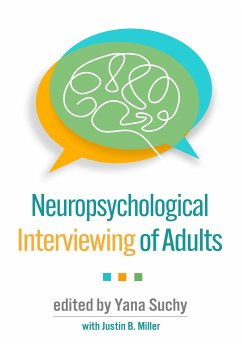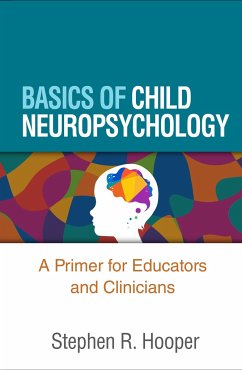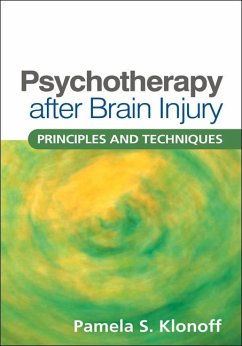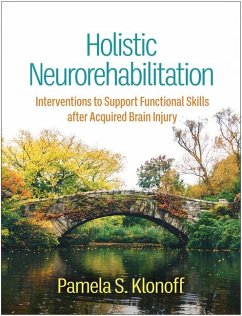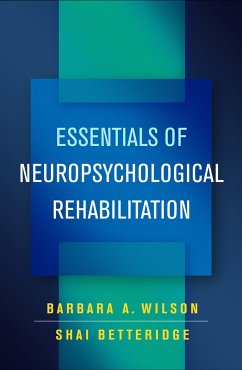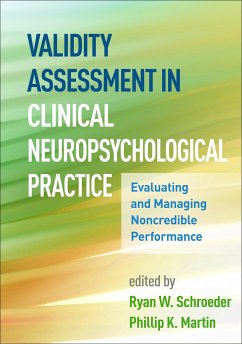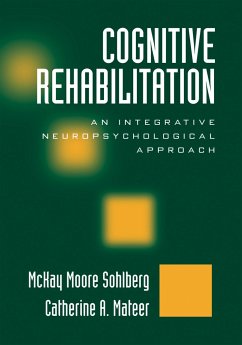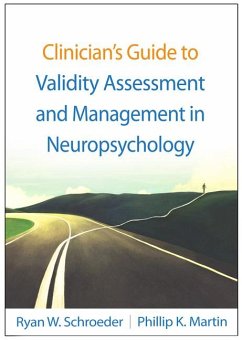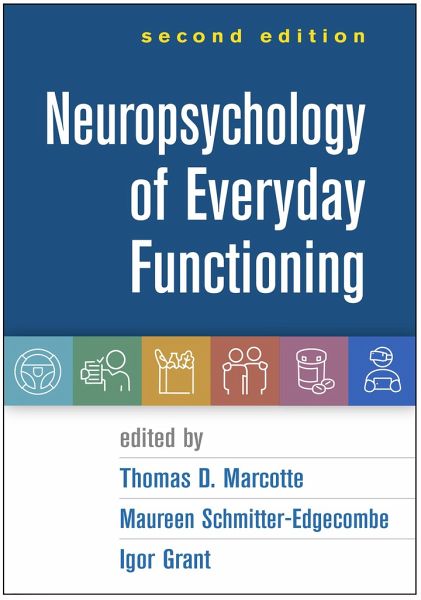
Neuropsychology of Everyday Functioning, Second Edition

PAYBACK Punkte
60 °P sammeln!
Now in a significantly revised third edition featuring 60% new material, this is the authoritative clinical reference and course text on a crucial psychotherapy skill. Leading practitioners of major psychotherapies describe step by step how to construct sound case formulations and use them to guide individualized treatment. Following a standard format, chapters cover the historical background of each case formulation approach, its conceptual framework and evidence base, multicultural considerations, steps in implementation, application to treatment planning and practice, and training resources...
Now in a significantly revised third edition featuring 60% new material, this is the authoritative clinical reference and course text on a crucial psychotherapy skill. Leading practitioners of major psychotherapies describe step by step how to construct sound case formulations and use them to guide individualized treatment. Following a standard format, chapters cover the historical background of each case formulation approach, its conceptual framework and evidence base, multicultural considerations, steps in implementation, application to treatment planning and practice, and training resources. Rich case material includes examples of completed formulations.




